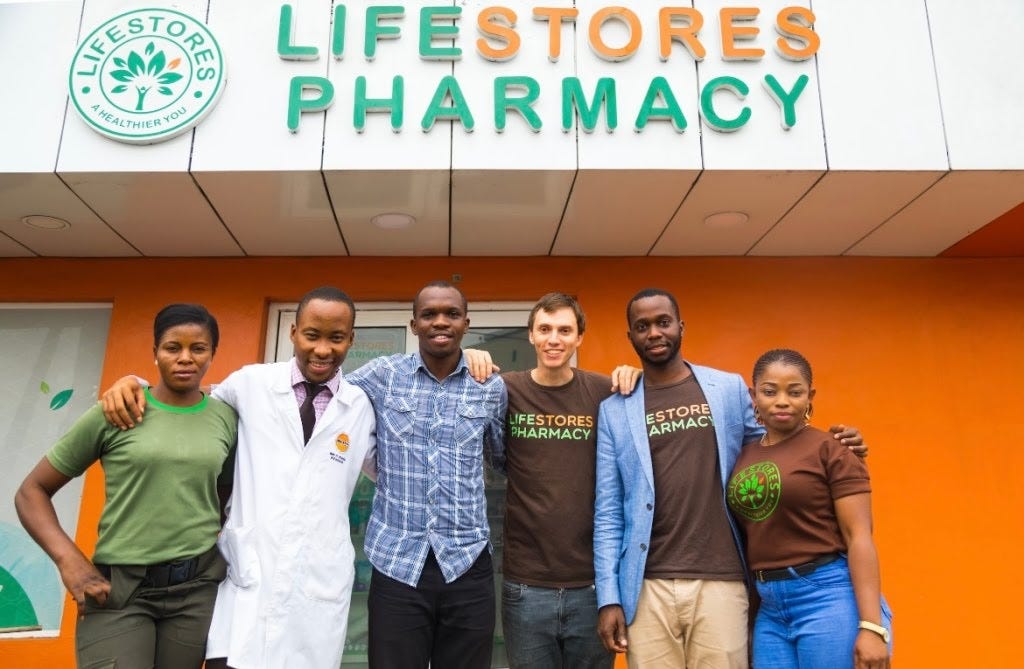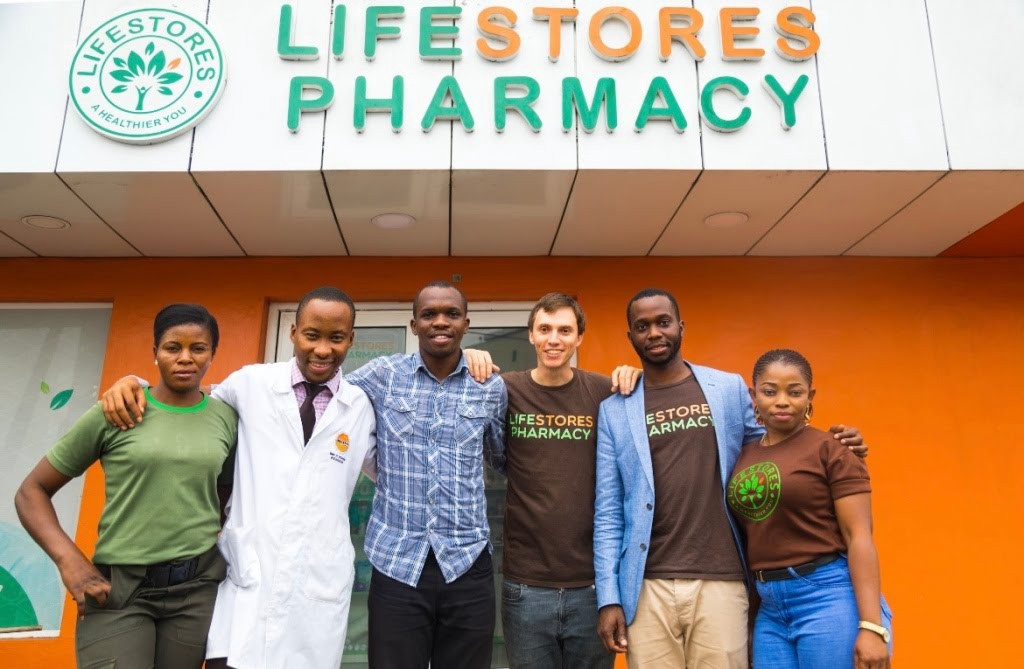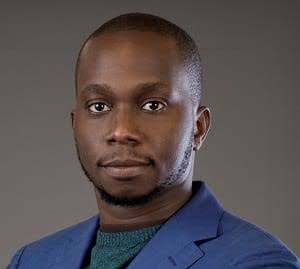Nigerian Pharmaceutical Marketplace Lifestores Healthcare Raises $3M To Expand In Nigeria
Lifestores Healthcare, a startup that is improving the efficiency of Nigeria’s pharmaceutical supply chain, has announced that it has raised $3 million in a pre-Series A funding round that was oversubscribed. The round was led by Health54, and Aruwa Capital Management served as a supporting lead. Other existing investors also took part in the funding.
In 2020, it completed a seed round raising a million dollars.
With the help of this investment, Lifestores will be able to take advantage of Health54’s growing network of health services providers as well as CFAO Healthcare’s existing wholesale distribution capabilities in Nigeria and throughout Africa, in the event that the company decides to expand into other African regions in the future. But for the time being, the health technology company’s goals are to drive expansion in Nigeria, strengthen its software skills, expand into new client sectors, and step up hiring efforts across sales, engineering, and senior management teams.
Read also Health-tech Platform In Egypt Vezeeta Raises Series E round, Totaling Nearly $90M
Why The Investors Invested
“We’re proud and happy to make our first investment with Health54 in Nigeria and in Lifestores. We were impressed with Bryan and Andrew’s on-the-ground experience of having run multiple retail pharmacies in Nigeria,” said Côme Vercken, managing director, Health54, on the investment. “In two years, they have built a first-rate distribution platform with OGApharmacy. As a strategic partner, we’re delighted to work together and bring the benefits of our vertically integrated pharmaceutical supply chain so we can support more patients in Nigeria and beyond with quality primary healthcare.”
This is Health54’s first investment on the continent, and it was in the seed round for Lifestores. CFAO Group, which is a subsidiary of Toyota Tsusho, has the largest healthcare distribution channel in sub-Saharan Africa, and the recently established company is the corporate venture capital (CVC) vehicle of CFAO Group committed to the healthcare industry.

A Look At What The Startup Does
Lifestores is a B2B company that was established in 2017 by Bryan Mezue and Andrew Garza, and it now offers two different products. The first one is a business-to-business marketplace known as OGApharmacy. Lifestores is able to negotiate with suppliers for the lowest possible price on high-quality medications by aggregating the purchasing needs of pharmacies and hospitals. As a result, the company is able to obtain discounts of 10 to 20 percent for its customers. The programme was introduced during the pandemic that occurred in 2020. The other option is an enterprise resource planning (ERP) system that medicinal cannabis dispensaries and pharmacies may use to manage their operations.
More than 750 locations make up the network that Lifestores Healthcare uses to deliver its services to customers. The health technology company stated that it is experiencing a 25% monthly growth in the marketplace and that it counts more than 10% of Nigeria’s pharmacies as registered customers. It plans to expand its market share to 25%, which will increase the number of patients reached by 4 times, going from 100,000 to 400,000 by the year 2023.
Read also Mastercard Invests In Egyptian VC Nclude To Fund Egyptian Fintechs
“The number of patients who have loyalty accounts with us is growing by double digits every month. And then we also think a lot about the scale of impact we have through the pharmacies we don’t own but support through our software,” CEO Mezue said. “And then, we indirectly touch over 200,000 patients from our software and the services we offer to those pharmacies. As of today, those are the ways we think about our patient impact. We’re also on the verge of launching several B2C initiatives and some cool features that are more direct to the patient.”
Lifestores will establish a new Lagos processing centre and provide new B2B technology capabilities, including pharmacy management software, AI-driven predictive ordering, improved credit options, and patient management efforts. Lifestores will extend B2C offerings, including patient savings, care management, and pharmaceutical delivery.
Telemedicine has experienced tremendous acceptance internationally since the epidemic, but firms that digitise the supply chain and delivery to providers like Lifestores have had the most amazing growth in Africa’s healthcare arena in the last 12 months. Mutti by mPharma, HealthPlus, Shelf Life by Field Intelligence, and Maisha Meds enable community pharmacies and pharmacy stores stock supplies.
Read also How Tech Businesses Can Empower South African Entrepreneurs
“Players work on numerous geographies and segments. But we’re going deeper, “CEO describes how Lifestores expands differently. Because the market is divided, we saturate some regions first, he says.
The founders shared some of their startup’s five-year learnings, including the importance of building partnerships with pharmacies, dispensaries, hospitals, and regulators; the fact that pharmacists are adopting technology more than people think; and how healthcare providers are concerned about transparency on quality and price of medications.
“We’ve also observed how healthcare wholesalers operate as banks and supply pharmacies and hospitals drugs on credit,” said Garza. “This helps healthcare providers conduct their business on credit much cheaper than what they’d secure from banks.” “This has long been true in healthcare. As we work on sophisticated features like AI-driven predictive ordering, we’re seeing its flexibility benefits. Since we have the ERP and marketplace technologies in-house, we can add additional complex features.”
Lifestores Healthcare Lifestores Healthcare
Charles Rapulu Udoh

Charles Rapulu Udoh is a Lagos-based lawyer, who has several years of experience working in Africa’s burgeoning tech startup industry. He has closed multi-million dollar deals bordering on venture capital, private equity, intellectual property (trademark, patent or design, etc.), mergers and acquisitions, in countries such as in the Delaware, New York, UK, Singapore, British Virgin Islands, South Africa, Nigeria etc. He’s also a corporate governance and cross-border data privacy and tax expert.
As an award-winning writer and researcher, he is passionate about telling the African startup story, and is one of the continent’s pioneers in this regard. You can book a session and speak with him using the link: https://insightsbyexperts.com/view_expert/charles-rapulu-udoh




